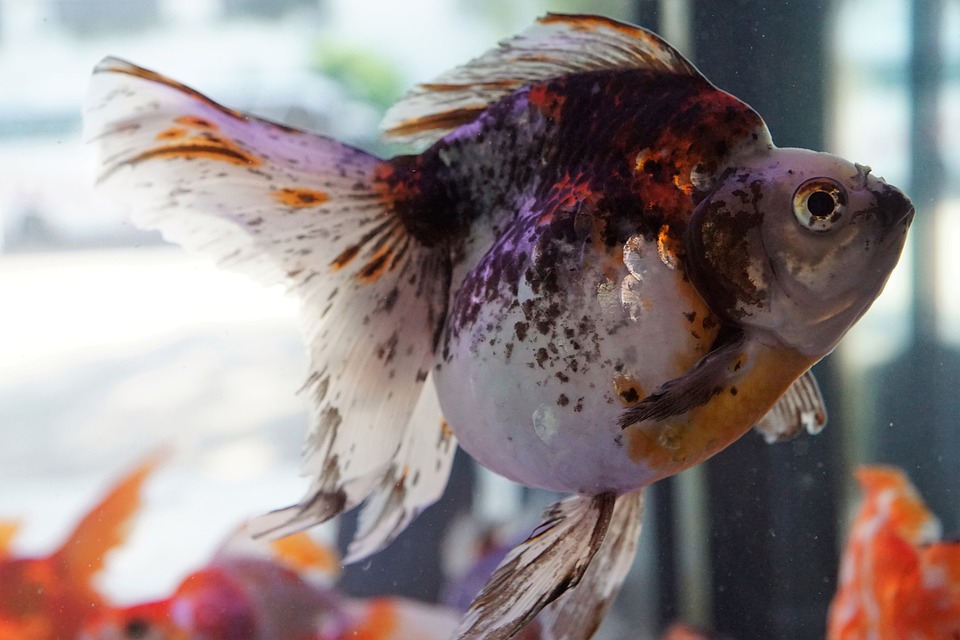Fish parasites can be a major concern for fish owners, as they can cause a range of health issues for their aquatic pets. From mild irritation to severe infections, these tiny organisms can wreak havoc on the well-being of fish. Understanding how to prevent and manage fish parasites is essential for maintaining the optimal health of your fish. In this article, we will discuss the common types of fish parasites, their impact on fish health, and provide useful tips on prevention and treatment.
There are several types of fish parasites that owners should be aware of. Protozoa, such as Ichthyophthirius multifiliis (Ich), Costia, and Trichodina, can cause external infections and irritations. External parasites like Anchor Worms, Fish Lice, and Flukes can attach themselves to the fish’s body, causing damage and discomfort. Internal parasites, such as Tapeworms, Roundworms, and Gill Worms, can infect the internal organs of fish, leading to serious health problems.
Recognizing the signs of a parasitic infection is crucial for early detection and treatment. Physical symptoms like scratching against objects, changes in skin color or texture, visible parasites on the fish’s body, and faded or damaged fins can indicate a problem. Behavioral changes like loss of appetite, lethargy or reduced activity, gasping at the water’s surface, and flashing or rubbing against tank surfaces are also signs of a parasitic infection.
Preventing fish parasites is the first line of defense. Quarantining new fish in a separate tank for observation, monitoring their health and behavior for several weeks, and treating any signs of infection promptly before introducing them to the main aquarium can help prevent the spread of parasites. Maintaining water quality by regularly testing and optimizing water parameters, providing adequate filtration and circulation, and performing regular water changes is important for minimizing stress and susceptibility to parasites. Avoiding overcrowding by ensuring sufficient space for each fish species and following recommended stocking guidelines for specific fish species can also reduce the risk of parasite infestations.
When it comes to managing fish parasites, there are several treatment options available. Medicated treatments using commercial anti-parasitic medications, following proper dosage and duration recommended by the manufacturer, can be effective in eliminating parasites. However, caution should be exercised when treating sensitive fish species or invertebrates, as some medications may harm them. Salt baths, created by following specific salt concentration and duration recommended for the fish species, can help kill external parasites and reduce stress. Environmental management, such as increasing water temperature gradually to speed up parasite life cycles, quarantining and treating infected fish separately to prevent spreading, and cleaning and disinfecting aquarium equipment regularly, can also be effective measures.
Here are some frequently asked questions about fish parasites:
1. Can fish parasites infect humans? While some fish parasites can infect humans, they are generally species-specific. However, it is crucial to practice good hygiene when handling fish and maintain a clean aquarium environment.
2. Can fish parasites be completely eradicated from an aquarium? It can be challenging to completely eliminate fish parasites from an aquarium. However, with proper management and prevention measures, their impact can be significantly reduced.
3. Are there natural remedies for fish parasites? Some hobbyists prefer natural remedies like garlic, tea tree oil, or herbal extracts. However, their effectiveness may vary, and it is essential to consult with an expert or veterinarian before using any alternative treatments.
4. How often should I quarantine new fish? It is recommended to quarantine new fish for a minimum of 2-4 weeks to observe their health and prevent potential parasite transmission.
5. Do fish parasites affect all fish species equally? Different fish species have varying levels of susceptibility to parasites. Some fish species may be more resistant, while others may be highly vulnerable. It is crucial to research and understand the specific parasites that affect your fish species.
In conclusion, preventing and managing fish parasites is crucial for maintaining the health and well-being of your aquatic pets. By following proper prevention measures, recognizing signs of infection, and implementing appropriate treatment options, you can ensure a thriving and vibrant aquarium environment. Regular observation, good hygiene, and proactive care will help keep your fish happy, healthy, and parasite-free.









